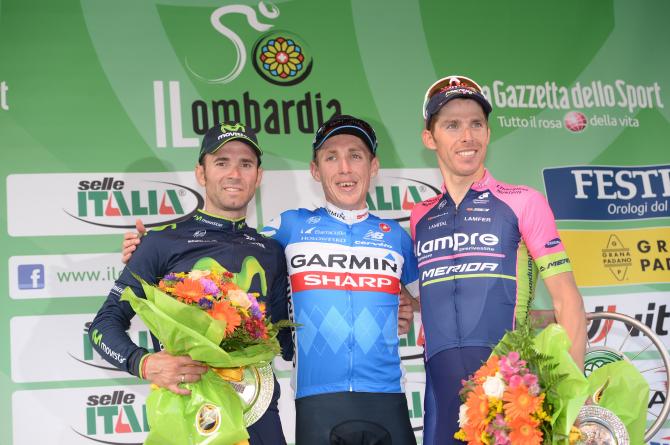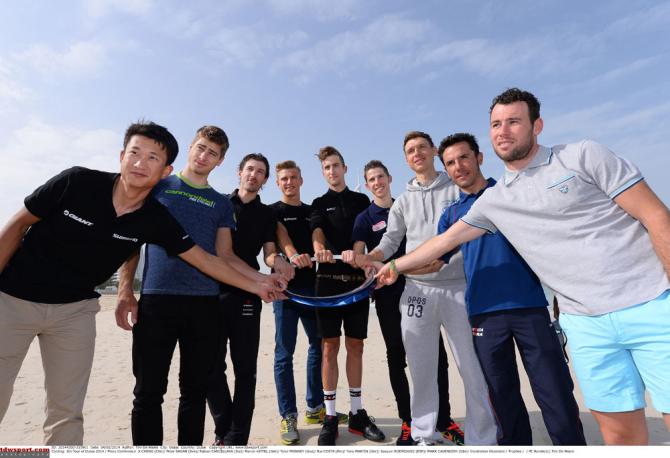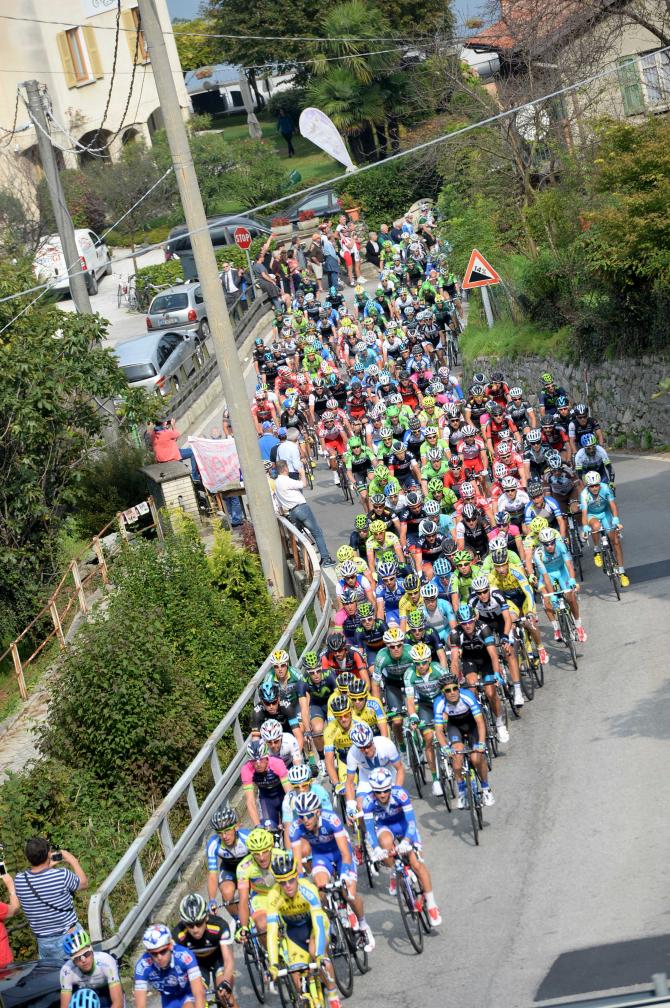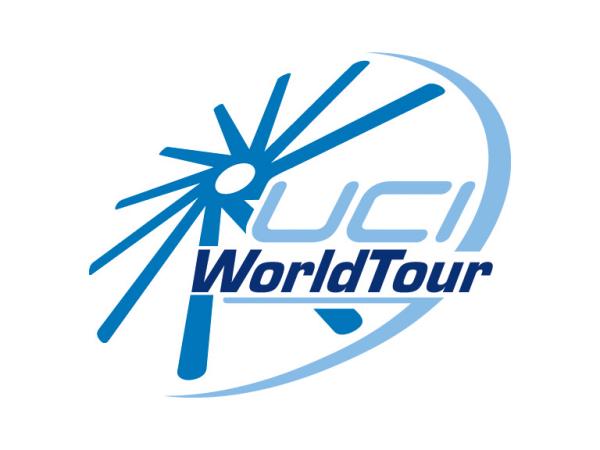UCI stakeholders to meet in Paris for decisive WorldTour reform meeting
Teams, riders and organiser representatives to thrash out the future of pro cycling
The latest race content, interviews, features, reviews and expert buying guides, direct to your inbox!
You are now subscribed
Your newsletter sign-up was successful




Cyclingnews understands that the key stakeholders of men's professional cycling will gather in Paris on Thursday for what could be the decisive meeting to decide the structure and rules of the WorldTour from 2017 onwards, and so shape the long-term future of the sport at the highest level.
The UCI confirmed to Cyclingnews that the process of restructuring the WorldTour is nearing completion, with a final document to be agreed upon at the UCI WorldTour Seminar in early December.
The reform, which will be fully implemented in 2017, will be instrumental in making cycling more exciting and easy for spectators, broadcasters and sponsors to follow.
The UCI has been in consultation for months with the sport's major stakeholders, and is expected to chair the upcoming meeting with representatives of the teams organisation, the Association International des Groupes Cyclistes Professionels (AIGCP), the riders' union Cyclistes Professionnels Associés (CPA) and the Association Internationale des Organisateurs de Courses Cyclistes (AIOCC) headed by Tour de France organiser Christian Prudhomme.
The wider aim of the reforms is to modernise professional cycling by shaking up the race calendar and team structures to make the sport more modern and attractive to a wider audience. In turn, this should attract more sponsorship and rights-income. However, the changes could also spark an impoverishment of professional cycling at a national and continental level, with the non-WorldTour races and teams left to fight for any remaining funding and space in the media.
Dramatic changes
The UCI did not reply to questions from Cyclingnews about the Paris meeting, and has tried to avoid an open debate about the future of the sport that involves the media and the fans.
The latest race content, interviews, features, reviews and expert buying guides, direct to your inbox!
The UCI has never formally published details of the proposed reforms, however leaks have shown the changes could be dramatic. The number and size of the WorldTour teams is expected to change, creating a more elite and, hopefully, wealthier and stable WorldTour. The most recent proposal suggested 16 "A" WorldTour teams of 22 riders, with a second division of eight "B" teams and a system of promotion and relegation in place. The eight "B" teams would be similar to the current Professional Continental teams that fight for wild card invitations to the major races. They would be guaranteed 50 days of racing in the new WorldTour system. All 24 teams would have to run a development or feeder team, but would not be required to have a women's team.
Some form of salary cap or financial fair play could also be part of the reform to create more financial equality between the teams. The current WorldTour teams have hugely varying budgets depending on the origins of their commercial sponsorship and if they are privately or state funded. Team registration in different countries also leads to different form of employment law, tax and so the costs of running a major team.
Rider safety is also a key part of the reforms after protests by riders and teams. Better, more stringent rules on course designs and a clear protocol for extreme weather conditions will be included protect the riders. The WorldTour riders will race fewer days to protect their health and have far more professional and regulated assistance. The reforms would hopefully mean riders go head-to-head with their biggest rivals far more often thanks to the modernised, and streamlined calendar.
It seems a new WorldTour calendar has been hashed out by race organisers and the UCI, eliminating overlapping WorldTour races, and ending races on Sundays to boost interest and television audiences. The Vuelta a España could be cut from three weeks to just two and other races will be cut or even removed from the current WorldTour calendar.
The meeting in Paris is the first since a breakdown in talks during the Vuelta a España when the CPA pushed back against plans to cut the size of WorldTour teams to 22 riders. Cyclingnews understands that the CPA has agreed to a reduction (possibly to 24 riders per team) after accepting that having a lower number of riders in a team would mean that every rider has a structured race programme, rather than being over- or under-raced as is often the case in the current WorldTour.
It seems that the power and influence of Tour de France organiser ASO has also been a stumbling block in the talks, with the privately-controlled French company refusing to share its income or make major concessions when it comes to the race calendar.
However, all the stakeholders know that time is running out to reach an agreement because teams and race organisers need time to plan, find sponsors, and build suitable team rosters for the first season of the new-look WorldTour in 2017. The results of races in 2015 and 2016 and the related points and rankings will decide who secures a place in the new-look WorldTour, adding a further need for urgency and a binding agreement.
The UCI is hoping to hammer out a deal and get all the stakeholders to sign-up in Paris on Thursday so that a final structure, rules and race calendar can be ready for the planned WorldTour Seminar and a possible announcement in December.

Stephen is one of the most experienced members of the Cyclingnews team, having reported on professional cycling since 1994. Before becoming Editor-at-large, he was Head of News at Cyclingnews. He has previously worked for Shift Active Media, Reuters and Cycling Weekly. He is a member of the Board of the Association Internationale des Journalistes du Cyclisme (AIJC).
